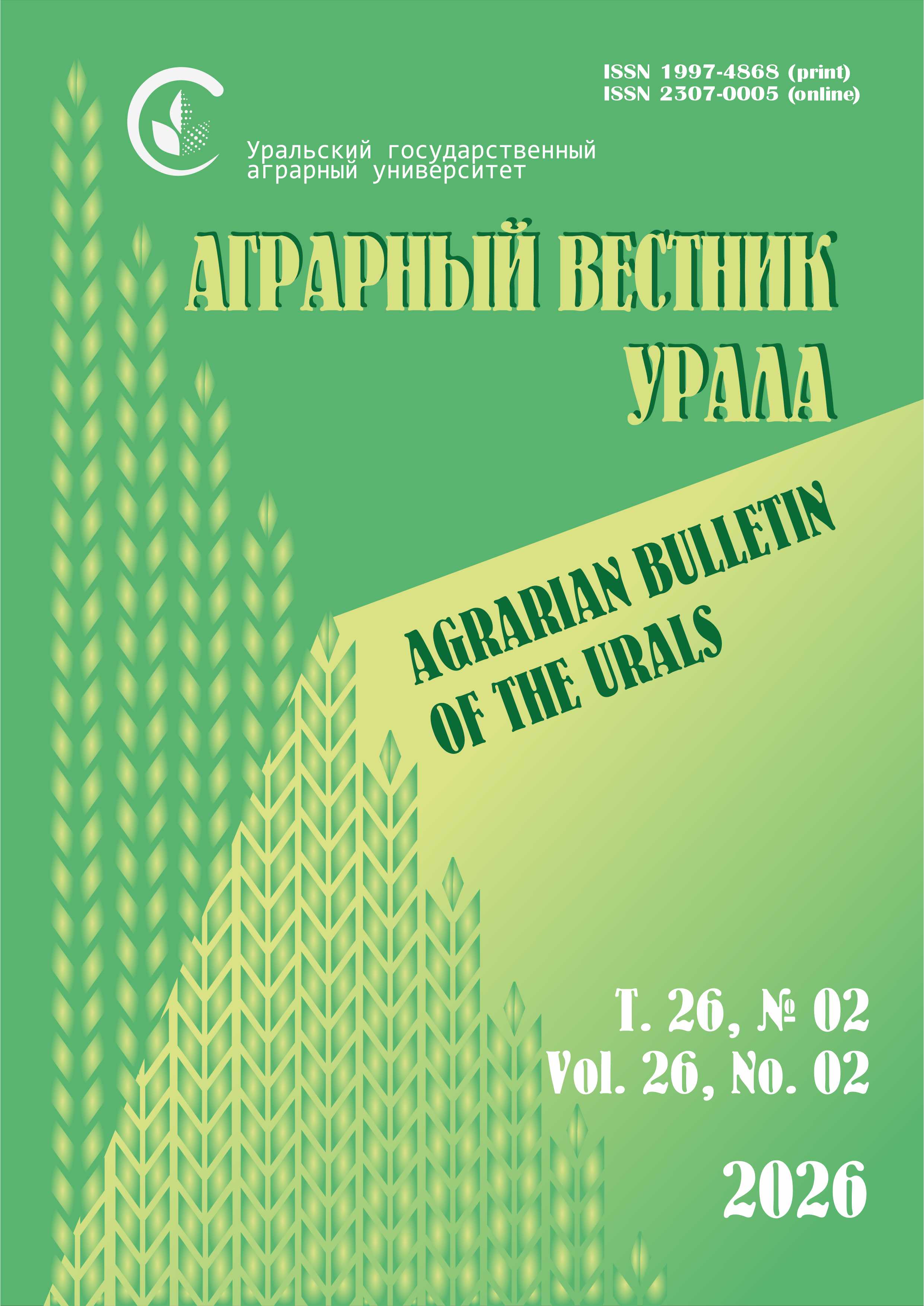Authors:
I. M. Donnik,
S. G. Mayzel,
N. V. Burachevskiy
Ural State Agrarian University, Ekaterinburg, Russia
E-mail: This email address is being protected from spambots. You need JavaScript enabled to view it.
Abstract. The purpose. The research is aimed at solving the problem related to the development of technology for producing an environmentally friendly product of animal origin – lactose-free milk. This will solve the problem of consumption of milk and dairy products by people who do not tolerate milk sugar for physiological reasons. Analyzing, on the basis of a literary review, the current state of the issue of lactose-free milk production, it can be concluded that existing technologies have certain disadvantages due to changes in the composition of the initial product, or the significant complexity of the technological chain. The proposed development is based on a method of milk diafiltration consisting of several repetitive cycles. The cycle consists in the separation of milk by the ultrafiltration process into permeate (aqueous lactose solution) and concentrate (proteins, fat, lactose residues). Then pure water is added to the concentrate in a volume equal to the volume of the discharged permeate. For a scientifically based approach to the development of the proposed technology, it is necessary to conduct a study of ultrafiltration separation of milk, obtain optimal operating parameters of the process, determine the change in permeability and selectivity of membranes from lactose concentration, consider the possibility of obtaining lactosefree milk with different mass fraction of fat, determine the number of cycles of the membrane diafiltration process. Research methods. The study of the process of ultrafiltration separation of milk was carried out in laboratory conditions on a membrane installation using organic and inorganic membranes. The experiments determined the main characteristics of ultrafiltration membranes – permeability and selectivity, with varying parameters (parameter range: P = 0.15…0.5 MPa, t = 35…65 °C). Results. Based on the experimental data obtained, by processing them and optimizing the parameters, optimal modes of the milk separation process by ultrafiltration were obtained. The following parameters are defined: the velocity of the product in the supramembrane space, the operating pressure of the separation process, its temperature. The preferred ultrafiltration membranes for the membrane-milk system have been selected. Scientific novelty. To develop a technology for producing lactose-free milk, for the first time a number of studies and experiments were carried out, such as changing the permeability and selectivity of membranes from the concentration of lactose, obtaining lactose-free milk with mass fraction of fat the number of cycles of the membrane diafiltration process was determined.
Keywords: lactose, lactose-free milk, ultrafiltration, diafiltration, organic membranes, inorganic membranes, selectivity, permeability
For citation: Donnik I. M., Mayzel S. G., Burachevskiy N. V. Development of technology for the production of lactose-free milk by diafiltration. Agrarian Bulletin of the Urals. 2024; 24 (06): 766–778. https://doi. org/10.32417/1997-4868-2024-24-06-766-778. (In Russ.)
Download the full text of the article












